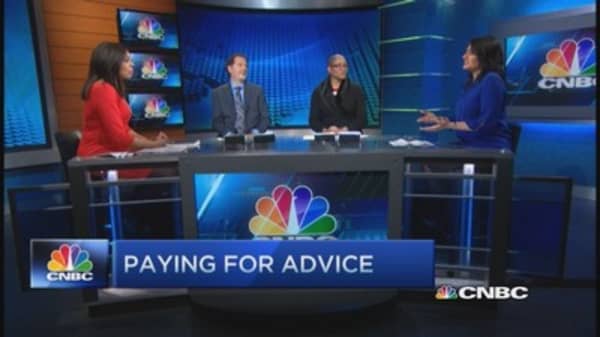It requires no further rule making, legislation or executive orders aside from what's already been proposed by the DOL. The SEC merely needs to enforce the "solely incidental" exemption for brokers under the Investment Advisers Act of 1940.
For a broker-dealer to offer investment advice that is not solely incidental to a brokerage transaction, they would first need to register as an investment advisor. The registration, however, is significant only in that the firm would immediately be held to a fiduciary standard of care and be required to mitigate or disclose all material conflicts of interest.
Read MoreFinding right advisor is tricky
The DOL could then rely upon their proposal they made five years ago, which extended a registered investment advisor's fiduciary duty to retirement accounts.
The president should be directing the SEC to enforce its own rules and permit the DOL to engage in the rule making they've already proposed. The new path that the president has established ensures that, after all the bluster, this re-proposal is a problem for the next president and Congress to contend with … or perhaps not.
—By Brian Hamburger, JD, founder and CEO of regulatory compliance consulting firm MarketCounsel.




